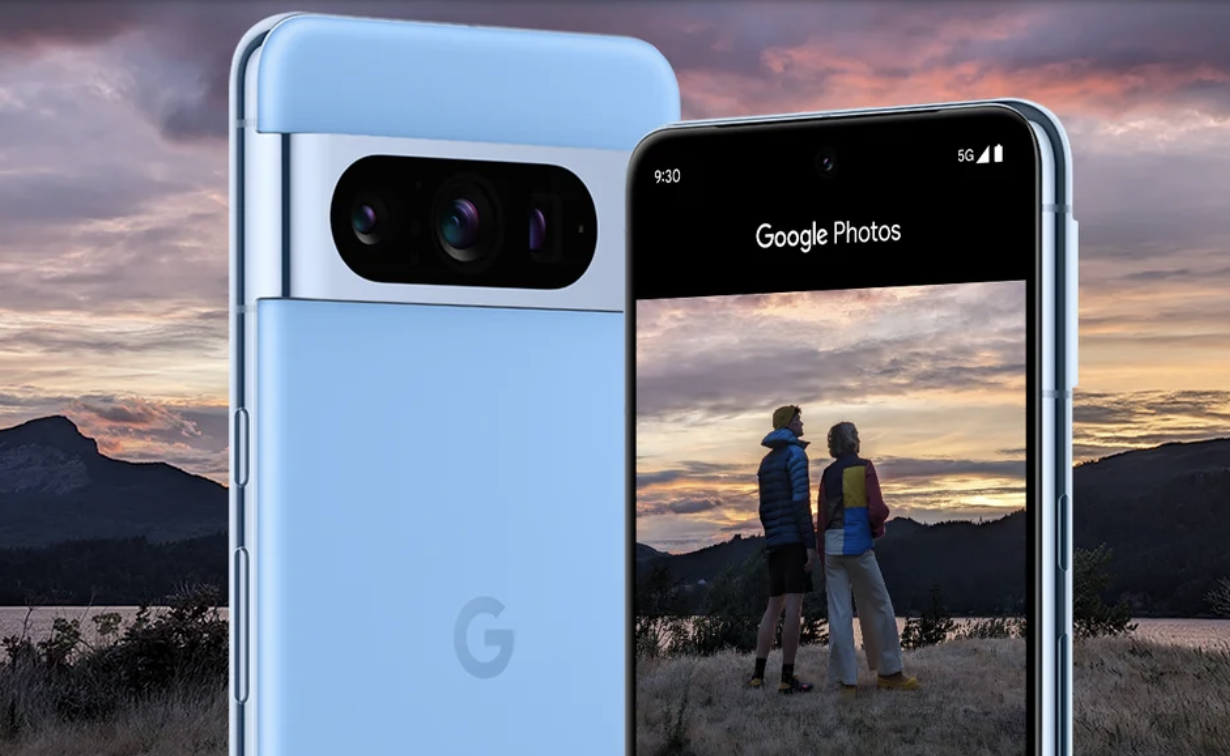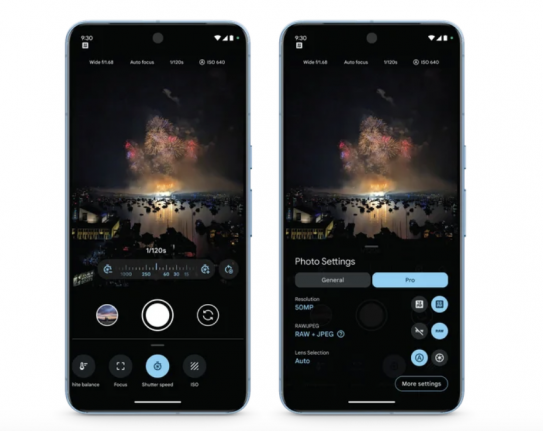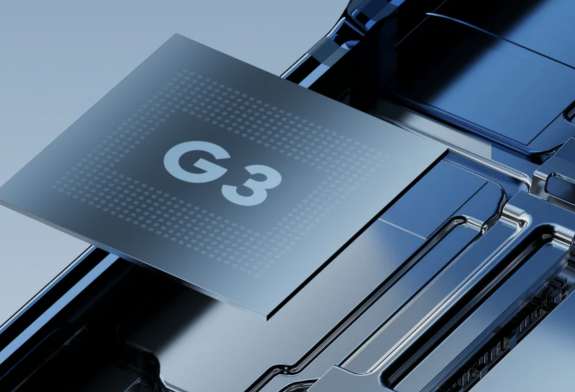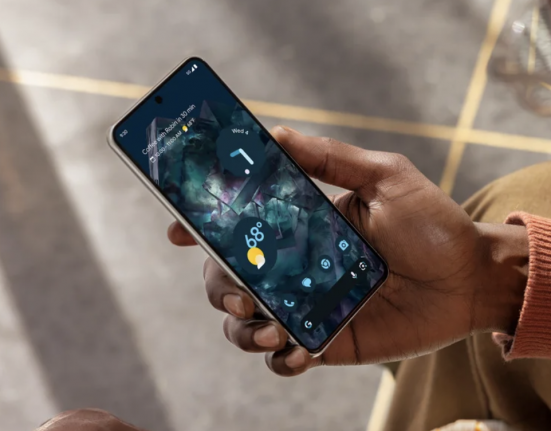Physical Address
304 North Cardinal St.
Dorchester Center, MA 02124
Physical Address
304 North Cardinal St.
Dorchester Center, MA 02124

AI and advanced photography are the major highlights of Google’s latest smartphones, the Pixel 8 and Pixel 8 Pro, with a ‘focus’ on enhancing photography and communication intelligence.
The Android 14-powered Pixel 8 is priced at £699 (128GB) and £759 (256GB), while the Pixel 8 Pro comes in at £999 (128GB), £1,059 (256GB), and £1,179 (512GB).
Both phones use Google’s new Tensor G3 chip. The G3 includes the latest generation of ARM CPUs, an upgraded GPU, a new ISP and Imaging DSP and next-gen TPU,custom-designed to run Google’s AI models. Compared to the first generation of Tensor on Pixel 6, the latest phones run more than twice as many machine learning models on the device,


One of the new Pixel 8 features is an algorithm that combines multiple photos into a single, optimised image.
‘Computational audio’ categorises different sounds, enabling users to adjust background noise to produce clearer sound in noisy environments.
There is also a higher likelihood of thwarting spam calls, and Google estimates that the Pixel 8 will reduce unwanted calls by 50 per cent. An enhanced Call Screen feature can answer unknown calls and differentiate between wanted and unwanted calls. It will soon be able to offer suggestions for responding to simple calls.

The Pixel 8 boasts a 6.2-inch AMOLED display, claimed to be 42 per cent brighter than the Pixel 7’s display, while the Pro model features a 6.7-inch display. The Pixel 8 comes in satin metal finishes with a polished glass back and is available in Rose, Hazel, and Obsidian colours.
Google is promising seven years of Android and security updates, along with ongoing software support.